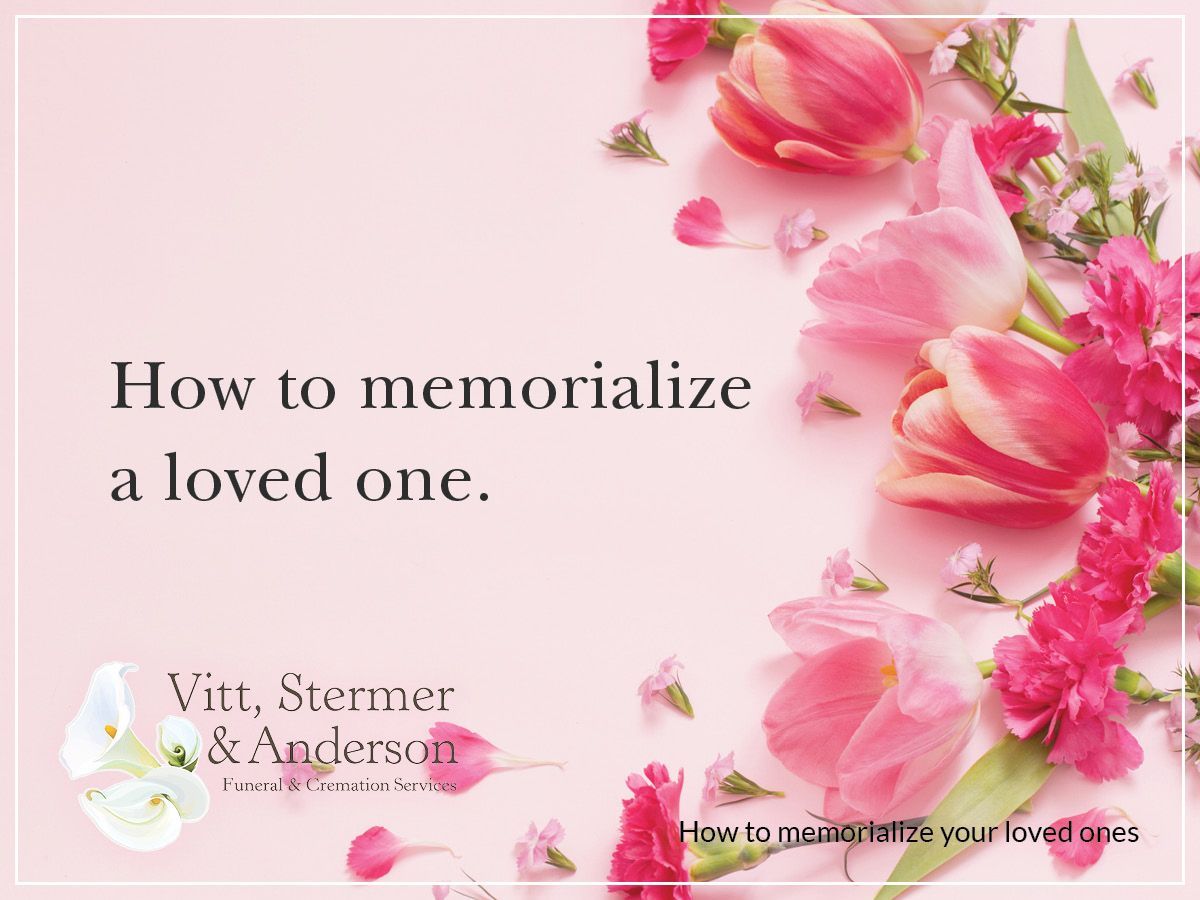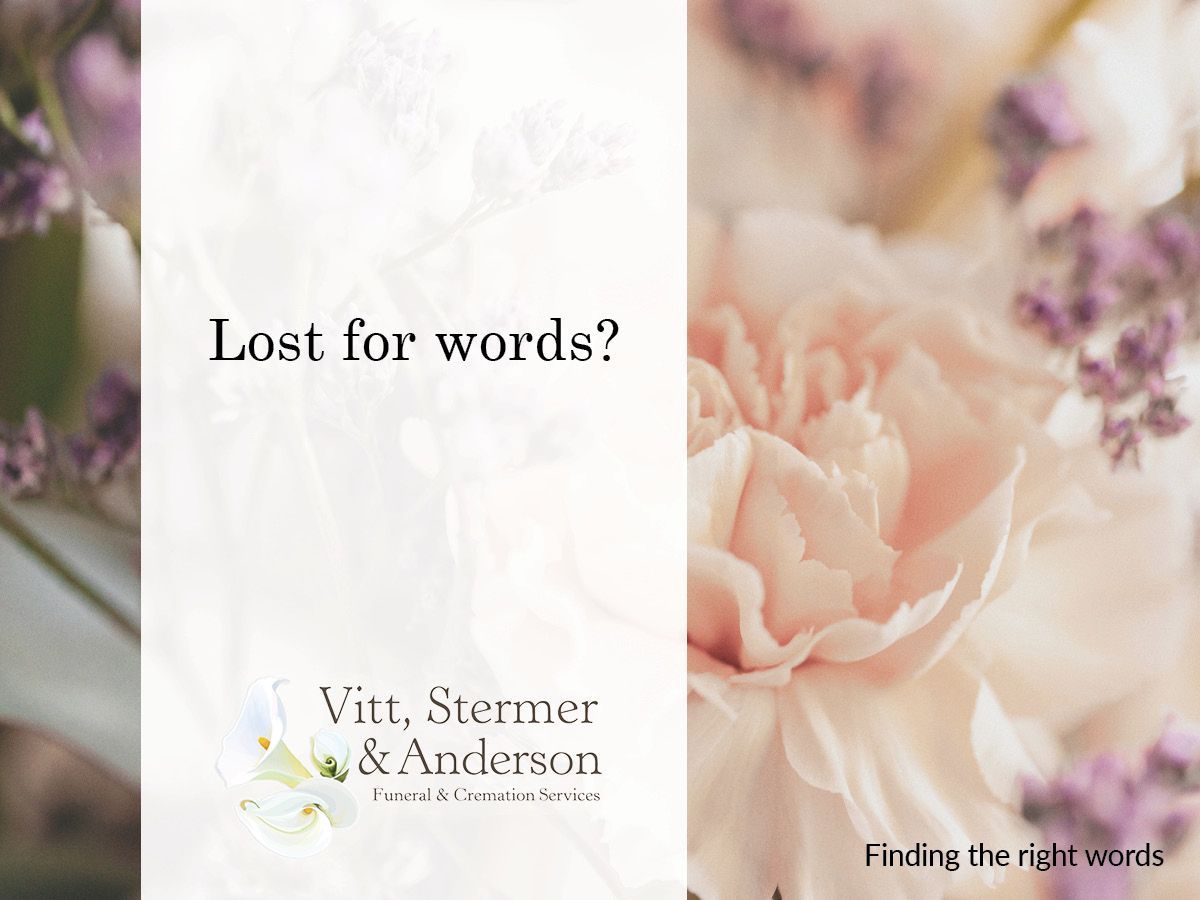Grief … Feeling Angry
Your jaw is tight. It seems like those around you are caught up in trivial chores and chatter, everything they say and do is annoying. You want to be left alone, but when you are left alone you feel deserted, unimportant, and forgotten. There is no joy. You are angry. These angry feelings may be hard to accept for both the person with the angry feelings and those close to them who bear witness to the anger. Anger is a part of grief. Not everyone feels anger when they grieve but more people experience anger than we might expect. It’s not at all uncommon.
Being angry does not equate to bad behavior. It’s not a character flaw. It’s a feeling. Feeling angry at your situation, the person who died, or God is not unusual when someone has died, or experienced any profound loss. Still, knowing the feeling is not unusual does not change the fact that it is very uncomfortable to feel angry. No one wants to stay angry and most folks in a supporting role find it difficult and uncomfortable to be a witness to and deal with anger. So, what to do?
If you are a supporter, know it’s not about you. There is something behind anger and it’s most likely not something you did or did not do. Let the eruption pass and at a calmer moment you might let the person you support know you understand they are hurting, you care, and if there is a way you can help you will do your best.
When you are the one who is feeling angry, understand it’s not about you. You are not a bad person. You are experiencing a normal reaction to loss. The uncomfortable angry feeling is letting you know there is something you need to process. Maybe you can work it out on your own, or perhaps talking with a non-judgmental trusted friend will help. Some find a solution on their own when writing in their grief journal. Others find working with a professional counselor helps them identify the root of the anger and come up with an action plan to bring about relief. Your anger may be generated by fear or reluctance to move into an unwanted situation that death has forced upon you. Anger is usually a secondary feeling. It has its origin in another feeling.
Grieving takes time and everyone’s timeline is individual. When you are a part of a grieving group - a family of mourners - the anger can be triggered by the pace of activity. Ask yourself if things are moving too fast? Does your angry friend or family member need the pace to slow a bit? Are you giving the support that is needed when it’s needed or are you perhaps doing something that will need to be done eventually, but that other mourners are not yet ready for?
Death and loss are often the undoing of families. If you care to protect the integrity of the family group, you may need to move carefully. Watch for anger, be impeccable with your words and be slow to speak. Ask questions to make yourself understood. Work hard at communication. Diffuse anger. Let the anger of others roll off your back.
Remember, grief is difficult work. Also remember, nothing lasts forever. This too will pass.












